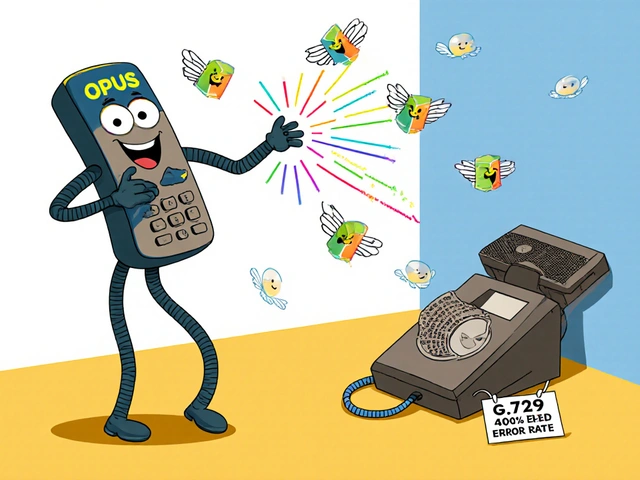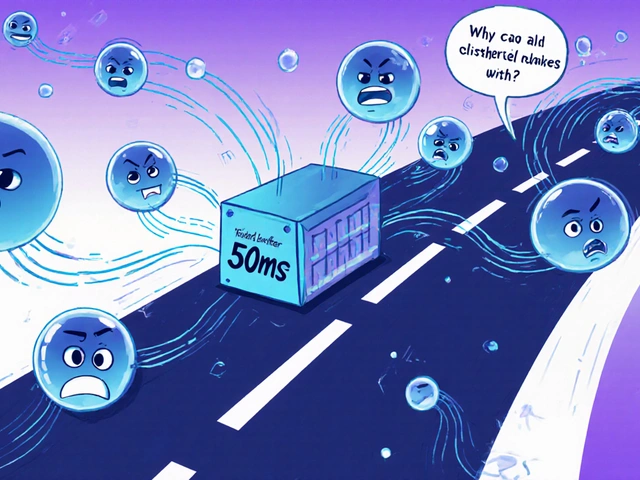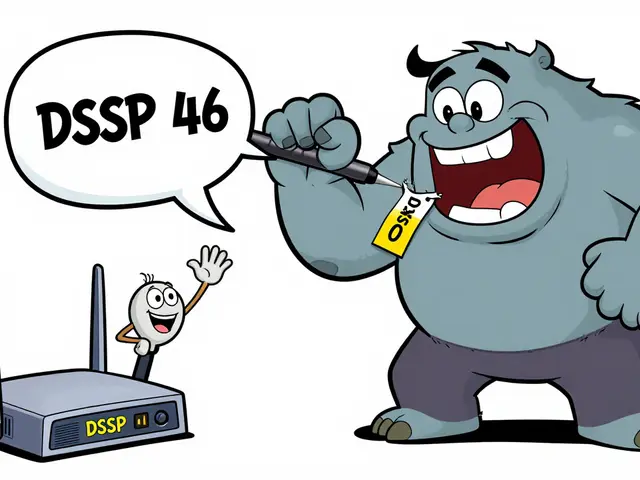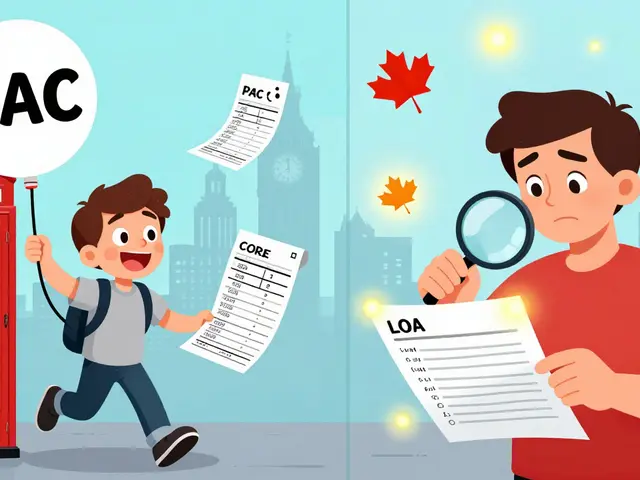VoIP Reliability: What Makes Calls Stay Clear and Connected
When your VoIP reliability, the consistency of voice calls over internet connections, avoiding drops, delays, or distortion. Also known as call stability, it matters most when you're on a client call, helping family overseas, or managing a remote team. A single dropped call can cost you a sale, a moment with a loved one, or your team’s trust. It’s not about having the fastest internet—it’s about how your voice traffic moves through the network.
One big reason calls break up is jitter, the variation in packet arrival times that causes audio to skip or stutter. Fixed jitter buffers try to smooth this out by waiting for all packets, but that adds delay. Dynamic jitter buffers adjust on the fly—perfect for teams with spotty Wi-Fi or mobile workers. Then there’s UDP, the protocol that prioritizes speed over perfection, making it the default for 92% of enterprise VoIP systems. TCP tries to be perfect by re-sending lost packets, but that creates lag you can hear in conversation. Your system should be using UDP for voice, not TCP.
Even if your router is solid, your ISP peering, how your internet provider connects to other networks. can ruin your call. If your ISP routes traffic through multiple intermediaries, packets take longer, get dropped, or get delayed. Direct peering means your voice packets travel fewer hops—clearer calls, less echo, no weird pauses. You can’t control your ISP, but you can choose a VoIP provider that knows which paths work best.
And it’s not just tech. A bad headset, wrong audio settings, or echo from speakers can make even the most reliable system sound terrible. That’s why VoIP reliability isn’t just a network issue—it’s a full-stack problem. You need the right codecs, the right buffer settings, the right hardware, and the right provider. The posts below show you exactly how to fix each piece: from tuning echo cancellers to choosing between G.711 and G.729, from setting up mobile VoIP without dropping calls to understanding how early media affects ringback tones.
Whether you’re running a small business, working from a coffee shop, or managing a call center, you don’t need to guess why calls fail. The solutions are in the details—and we’ve gathered them here, one real-world fix at a time.
Learn how Active/Active and Active/Standby dual internet setups affect VoIP call quality. Discover which configuration delivers reliable voice communication and why most businesses choose Active/Standby for critical calls.
In 2025, VoIP outperforms landlines in flexibility and future-proofing-especially with backup power and failover. Landlines still win during power outages, but they're being phased out. Here's what actually works best for your business.







